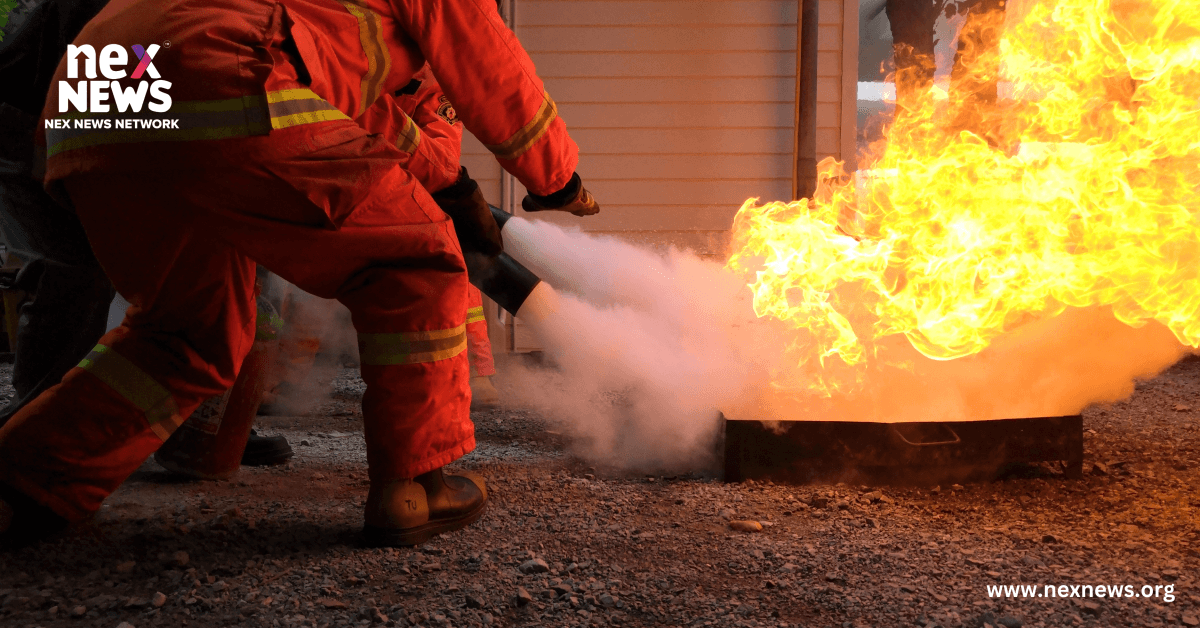In India, the threat of domestic fires looms large, with statistics revealing a staggering reality: a fire breaks out in the country every 4 minutes. These incidents not only pose a grave risk to property but also endanger lives. However, with proactive measures and heightened awareness, the likelihood of such disasters can be significantly diminished. This article delves into the root causes of domestic fires in India and provides comprehensive strategies to safeguard households against this pervasive threat.
Understanding the Problem: Why are Domestic Fires Common in India?
Numerous factors contribute to the prevalence of domestic fires in India, making it imperative to address these issues systematically:
Electrical Hazards: Faulty wiring, overloaded circuits, and improper use of extension cords are primary contributors to electrical fires. In many households, outdated wiring systems exacerbate the risk, especially in older homes where maintenance may have been neglected.
Cooking Mishaps: Unattended stoves, flammable materials near cooking areas, and mishandling of gas cylinders are common precursors to kitchen fires. With cooking being an integral part of daily life, the potential for accidents is heightened, particularly in households where safety protocols are not diligently followed.
Lack of Awareness: A concerning lack of basic fire safety knowledge prevails among many households in India. From devising escape plans to understanding the proper usage of fire extinguishers, essential fire safety practices are often overlooked, leaving families ill-prepared to respond effectively in the event of a fire.
The Solution: Safeguarding Your Home
Addressing domestic fire risks necessitates a multifaceted approach encompassing proactive measures and robust safety protocols:
Electrical Safety: Regular inspections by certified professionals, utilization of ISI-marked appliances, and prudent management of electrical loads are paramount. Overloaded sockets and the use of substandard equipment must be avoided to mitigate the risk of electrical fires.
Cooking Safety: Vigilance in the kitchen is imperative. Never leave cooking unattended, maintain a safe distance between flammable materials and heat sources, and ensure proper ventilation to prevent the accumulation of combustible gases.
Smoke Detectors and Fire Extinguishers: Early detection is pivotal in minimizing fire damage. Installing smoke detectors in strategic locations throughout the home, coupled with the presence of appropriately selected fire extinguishers, equips households to respond swiftly and decisively in the face of a fire emergency.
Practice Escape Plans: Conducting regular fire drills ensures that every member of the household is well-versed in evacuation procedures. Identifying multiple exit routes and designating meeting points outside the home are fundamental components of an effective escape plan.
Safety Audits: Undertaking periodic safety audits enables households to proactively identify and rectify potential fire hazards. From inspecting electrical systems to evaluating storage practices, thorough safety audits are instrumental in bolstering overall fire preparedness.
Safety Audits: Making Your Home Fire-Ready
Conducting a comprehensive safety audit empowers households to fortify their defenses against domestic fires. Here's a step-by-step guide to conducting a thorough safety audit:
Family Involvement:Engage all members of the household in the safety audit process to foster a collective commitment to fire safety.
Room-by-Room Inspection: Systematically assess each room for potential fire hazards, including exposed wires, overloaded sockets, and improper storage of flammable materials.
Identify Hazards: Take note of any identified hazards, prioritizing them based on their severity and potential risk.
Take Action: Promptly address identified hazards by rectifying faulty equipment, improving storage practices, and ensuring unobstructed escape routes.
Mitigating the risk of domestic fires in India demands a concerted effort from every household. By implementing proactive measures such as electrical safety protocols, prudent cooking practices, and regular safety audits, households can significantly reduce the likelihood of fire-related incidents. Moreover, fostering a culture of fire safety awareness and preparedness ensures that families are equipped to navigate emergencies effectively, ultimately fostering a safer and more resilient society. Remember, fire safety is not a choice; it's a responsibility that each of us must prioritize for the well-being of our loved ones and communities.


POST A COMMENT (0)
All Comments (0)
Replies (0)